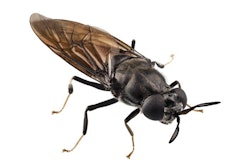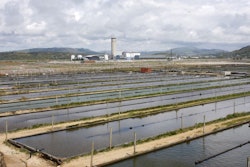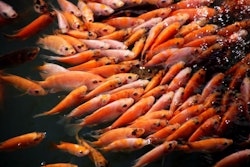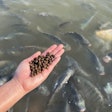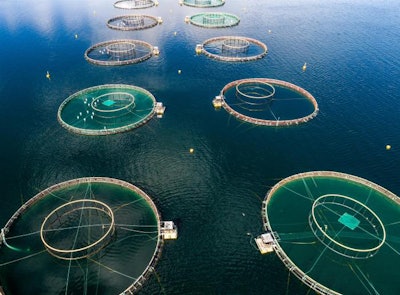
Five countries produce one-third of the bony fish consumed by the world population; none of these five can lay claim to the most productive marine habitat. But government policy, according to a new study, prevents aquaculture from expanding into more productive countries, including the U.S.
The study, compiled by researchers from universities in Washington, California and Florida, characterized 78 countries according to their suitability for off-shore aquaculture, considering the natural climate, political and economic factors. Each country ultimately fell into one of three categories — at-risk regions where lax government oversight allows for the destruction of marine habitat; non-optimal countries where government policy promotes aquaculture in spite of the absence of productive marine habitat; and “goldilocks” countries that are poised for sustainable aquaculture production.
However, the study found that in many cases, “goldilocks” countries, including the U.S., have failed to realize their full aquaculture potential, while the countries with the lowest growth potential, such as Norway, Canada and South Korea, produced three times as much fish as other areas.
What these high-producing countries lack in suitable habitat, they make up for with sound government policies that promote aquaculture while also preserving the environment to prevent fishery collapse, said Ian Davies, a master’s candidate at the University of Washington and the lead author on the paper, which was published in the journal Marine Policy.
"At-risk" regions have also seen rapid aquaculture expansion, with countries such as China producing 29% of the globe’s bony fish and 89% of bivalves. However, these areas are at risk of population collapse due to lax environmental regulations and property rights, and because producers lack access to capital.
Only half of the countries that enjoy quality habitat, stable government institutions and favorable economic conditions — a group that includes many island nations in the Caribbean and Pacific — have engaged in marine aquaculture, according to the study. Developed nations in this category, including the U.S., suffer from cumbersome permitting processes, Davies said. In others, such as New Zealand, social backlash against aquaculture has left operators feeling like they don’t have the necessary social license, and smaller countries may lack technical know-how.
Davies anticipates that aquaculture will continue to grow rapidly across the world, but that “growth is very geographically uneven. Winners and losers in the space will be really dependent on the regulations governments put out.”

